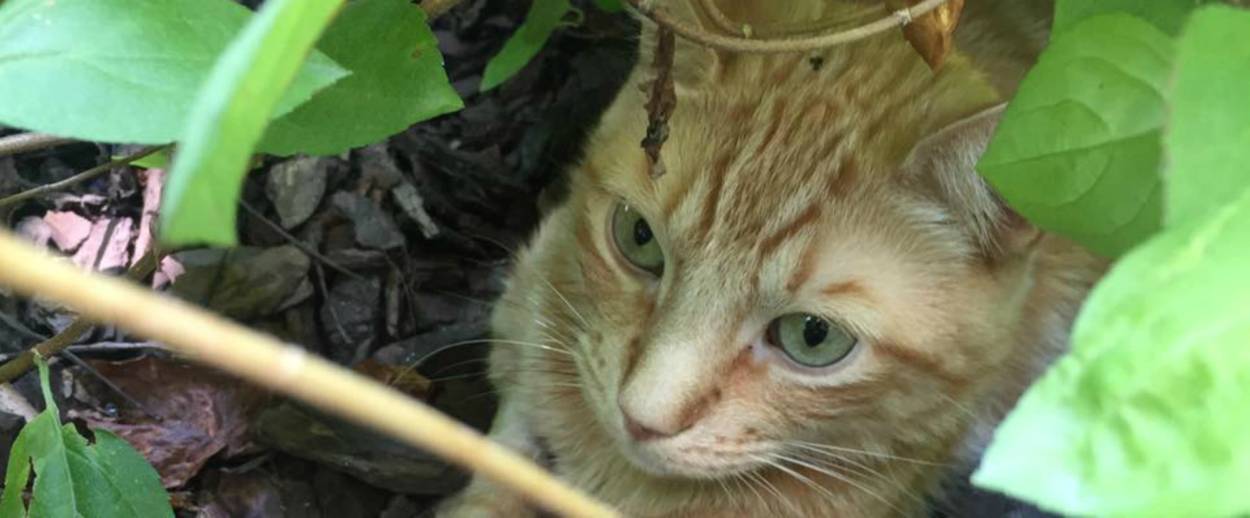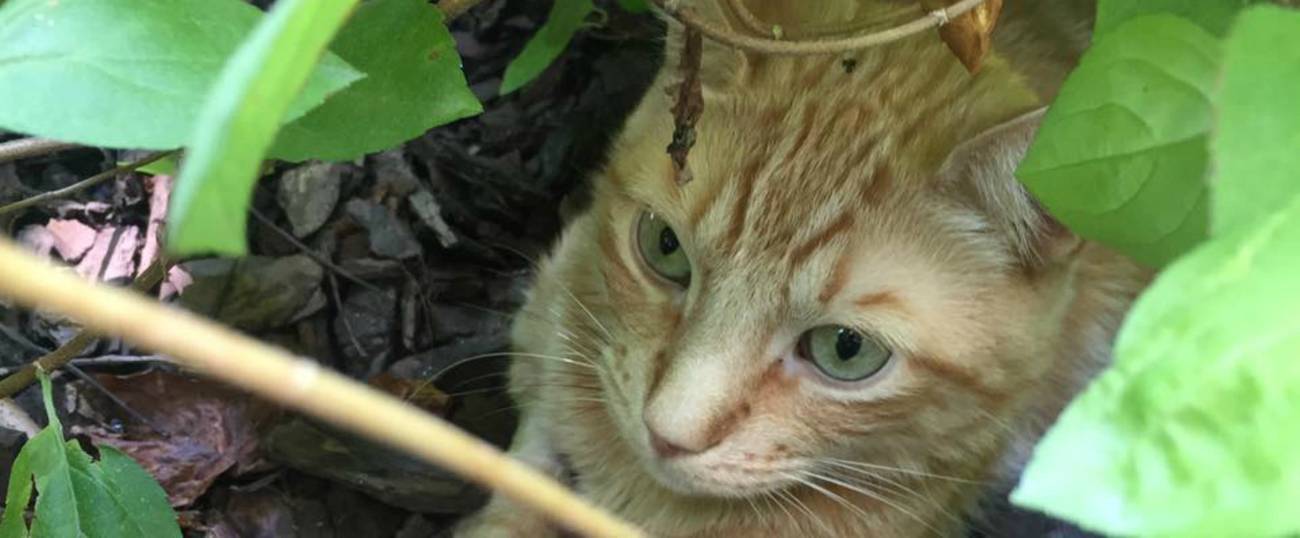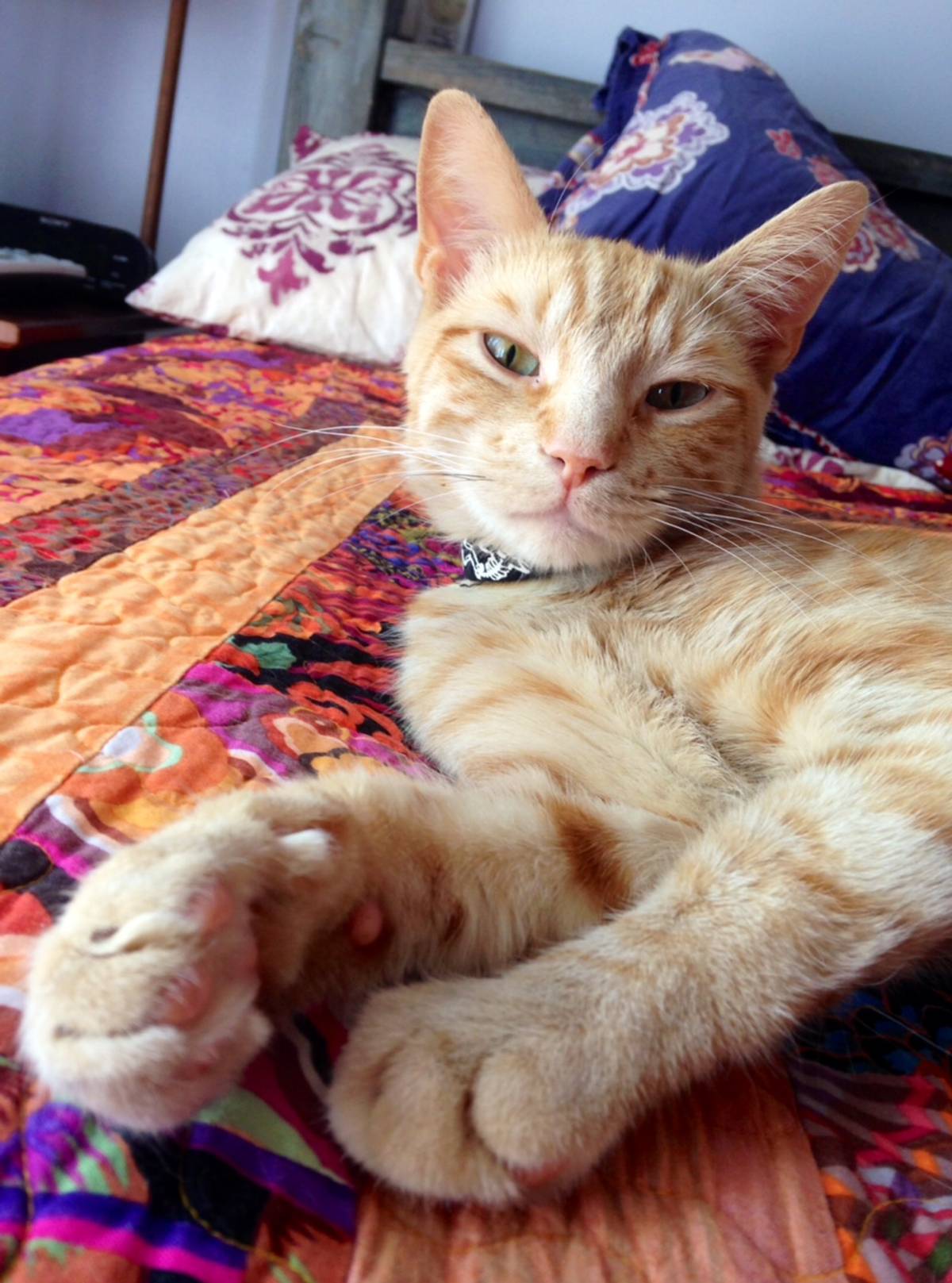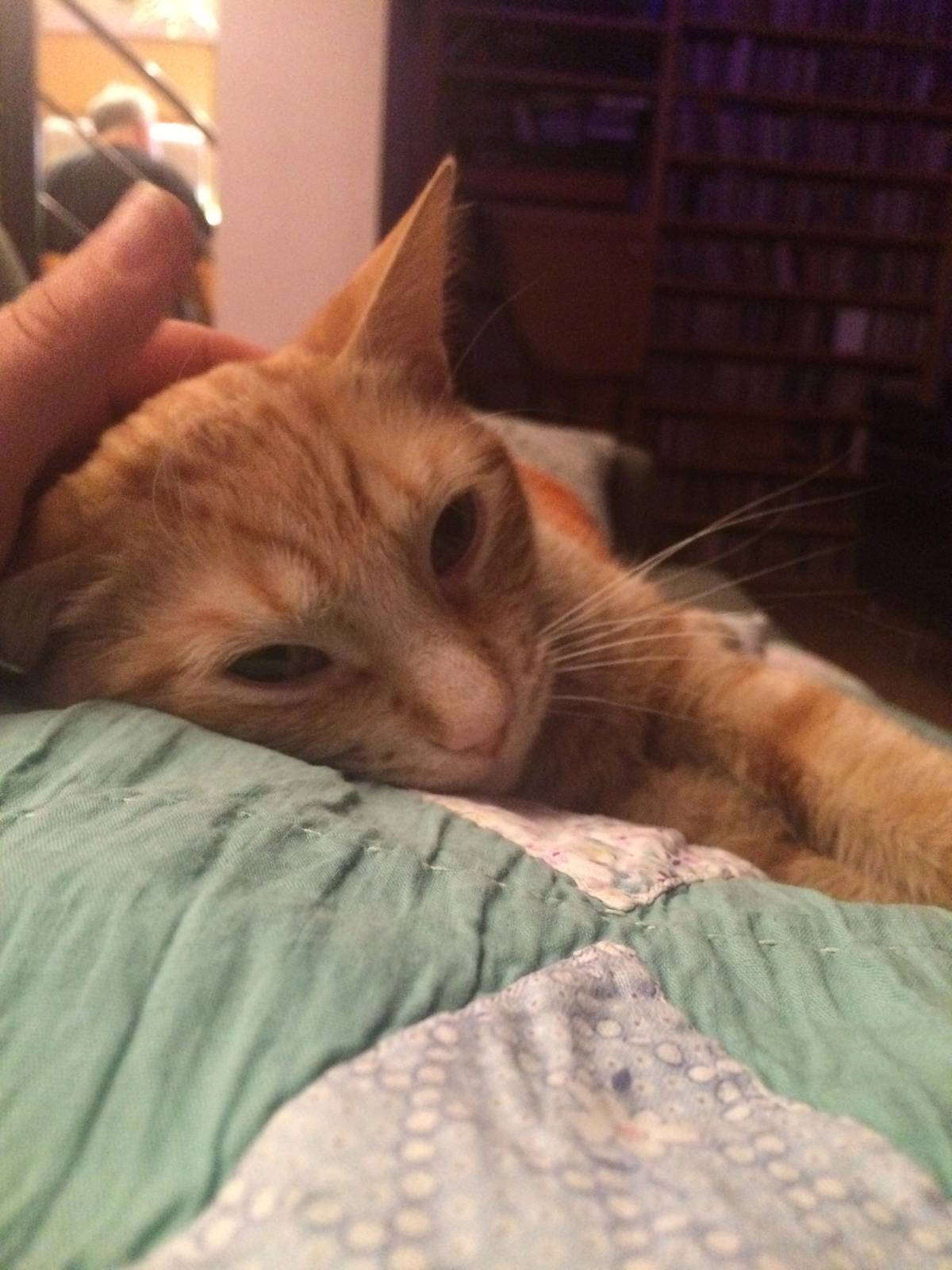Meow to Apologize to Your Cat, via the Rambam
This Yom Kippur, consider the pawsome advice of Maimonides, whose take on saying sorry can be purrfectly applied to your pets




I am a crazy cat lady. I own this. Regular Tablet readers know this. But even as I lavish affection and treats on my current cats, Bookie and Novella, even as I sing to them as I go about my day (are you aware that you can sing most of the Hamilton soundtrack with “Shepherd Book McFrisbee Cat” replacing “Alexander Hamilton”? I bet you weren’t! It scans perfectly!), even as I try to ignore them while I cook and they stare at me with longing and intensity from the kitchen floor, even as I spend far more intellectual energy than I should wondering whether Novella (aka The Dumb One) actually knows her name…I’m still wary of excessive anthropomorphizing.

Here is my dilemma. Back in April, my husband Jonathan and I were at a concert when Maxine began texting us frantically: “Come home. Something is wrong with Bookie.” We did. Max and Jo were clutching each other on Jo’s bed, teary, staring at the cat. He was curled up in a ball, panting rapidly, open-mouthed, tongue out. Periodically he let out a deep, low growl or a high-pitched whine. I scooped him up in a towel and we headed to the all-night vet. The techs took one look and whisked him away. I was asked to sign a DNR form.
It turned out that Bookie had hypertrophic cardiomyopathy, a thickening of the heart muscle that restricted its ability to pump blood. Even though he was only two. It was just one of those things. The cute Jewish veterinarian, who looked 12, offered a comparison to a young athlete in his prime suddenly dropping dead on the court after showing no symptoms. Bookie was clearly in pain, in congestive heart failure, and it was not clear that he’d survive. They kept him there, pumping him full of diuretics and blood-thinners, for several days. He pulled through and we brought him home. He moved like an old man and slept most of the time. We were told he had six to eight months to live, maybe less.
In August, while the kids were at camp, Bookie “threw a clot.” His back legs were paralyzed. Again, he was clearly in agony. Back to the vet. He’d had an aortic thromboembolism and the prognosis was not good. I left him at the vet, thinking this was the end.
But again, he lived. Movement began to come back to his legs over the next two days. He began to walk, dragging one leg behind him. The vet said it would have to be amputated before becoming necrotic, and with a weakened heart, he might not survive the surgery. We opted to take him home and wait a couple of days, but expected to have to put him to sleep. He only had a prognosis of a few months anyway—that was the best-case scenario.
But the miracle kitty got blood flow back to his leg. Within a day he was only dragging the foot, not the whole leg, and then it was just the toes, and then it was nothing. I brought him back to the vet four days later. Everyone crowded into the exam room—techs and vets and office staff. No one could believe it. One vet said she’d never seen a cat recover from saddle thrombosis in all her years of practice.
(And before you ask, yes, all this cost as much as buying a used car. And I bet you would have done it too.)
So now he’s home, and he’s on the right dosages of drugs, and he’s got lots of energy, and as I’m typing this he’s climbing the screen door (he likes to go all the way to the top and then jump down, like a kitty Evel Knievel). But every day I have to give him two pills and two syringes of oral medicine. And he HATES IT.

My formerly fearless kitty is now terrified of me. He sees me coming and runs. And most of the time I just want to pet him, but yes, twice a day I grab him and immobilize him and prize his jaws open and stuff things down his throat. He is not a fan. And when I put him down, he shakes his whole body as if to be rid of me, and hides under a chair.
Now he only approaches me when I’m lying in bed or flopped on the couch reading or watching TV. I think he’s smart. He knows that if I’m not standing, I haven’t had the opportunity to go get the horrid things that I force down his face. When I’m horizontal, he climbs on me and purrs and butts his head into my hand for pets, and I am heartbroken that he no longer trusts me except for these scant few moments.
So it’s almost Yom Kippur. And here’s my question: Do I apologize to Bookie for causing him pain and suffering? After all, he doesn’t understand that the medicine helps him. He just knows I’ve suddenly become a threat. Would it have been better if we’d put him to sleep the night of the first health crisis? Was I being selfish by wanting him to live rather than letting him embrace oblivion? Should I tell him I’m sorry for what I’ve done to him, even if my intentions are pure? And if so, how? Would he understand any gesture I might make?
There is, of course, a WikiHow on How to Apologize to a Cat. It says to wait until the cat is not angry to approach, and leave a treat if the cat still runs away from you. Figure out precisely what you did to offend the cat (taking its place on the sofa, making fun of it, stepping on its tail) and atone for that sin accordingly. (Give it back the best seat on the sofa, for instance.) Don’t keep pursuing your cat if it runs away. Tell your cat you’re sorry in a soft, slightly-higher-pitched-than-normal voice. Blink slowly at your cat, because this is a sign of trust in cats. Offer skritches. Devote time to playing with your cat. Give it praise and catnip.
This is all very fascinating but not helpful, because my cat still runs away from me all the time, and until he learns to tell time and figures out that I only want to drug him at certain times of day, no amount of blinking slowly at him is going to change that. And I can’t stop doing the things he hates, because then he will be in pain and die.
But it occurs to me that our 12th century sage Maimonides’ advice on apologies is helpful here. He says that you have to try at least three times to say you’re sorry to someone you’ve wronged; if the person still won’t accept your apology, you’re off the hook. I take this to mean I should forgive myself for causing Bookie distress, because it is in service to a greater good. Maimonides also says that there are four steps to apologizing: Acknowledging what you’ve done and asking forgiveness, showing remorse, doing what you can to make things up to the person you’ve hurt, and ensuring that you don’t do the same thing if you’re in the same position in the future.
So here’s what I’m doing to apologize to Bookie: Instead of the expensive healthy cat food he normally gets, I am giving him the crappy cheap wet cat food that smells like rotting corpses but that he loves beyond all measure. (I’m sure it’s bad for him. He only has months to live. Who cares.) I am supplying as many Greenies and Temptations treats as he can eat. When he approaches me, on his own terms, I give him as many snuggles as I possibly can and focus intensely on him. And that has to be enough.
A good lesson that’s applicable to human-human apologies is that they should be about the apologizee’s needs, not the apologizer’s. Sure, I feel guilt and remorse, but a true apology isn’t about me. It’s about the other party’s experience. My need to unburden myself isn’t truly relevant. This is why the word “regret” doesn’t belong in a good apology; regret is about MY feelings, not about the feelings of the person I’m apologizing to. And if I’m not forgiven, well, I just have to sit with that. Forgiveness is a gift, not an obligation. True for kitties, true for humans.
Related: A Farewell to Slinky, One Beloved Cat Who Was Named by Tablet Readers
Unorthodox: Sorry Not Sorry
Marjorie Ingall is a former columnist for Tablet, the author of Mamaleh Knows Best, and a frequent contributor to the New York Times Book Review.